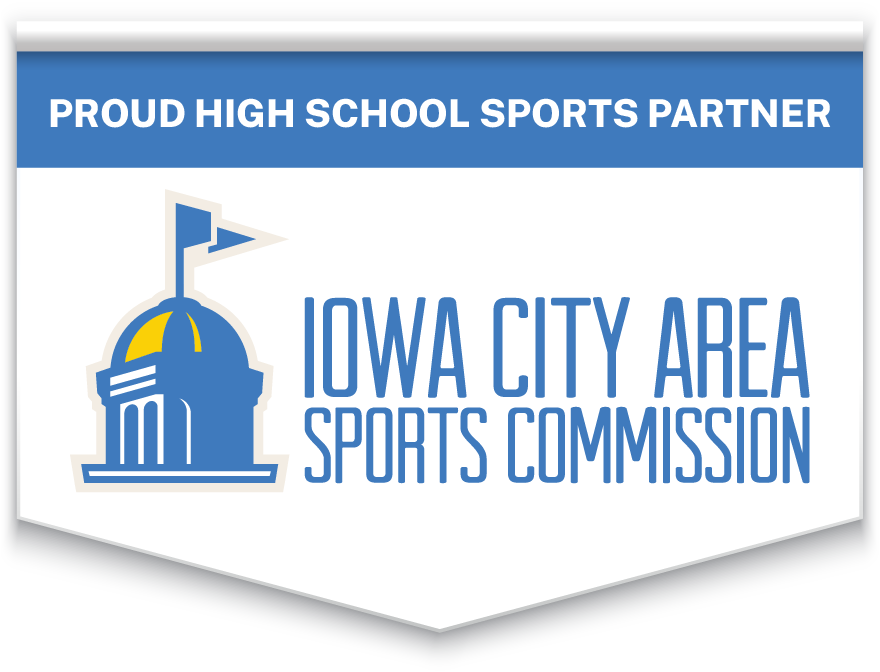116 3rd St SE
Cedar Rapids, Iowa 52401
Home / Sports / Iowa High School Sports
Talk - and listen - to your coaches
Justis column: Athletes should learn early how have sometimes difficult conversations with their coaches - and learn to listen to the advice
Nancy Justis - correspondent
Sep. 25, 2023 3:31 pm
Playing organized sports can and should be fun.
We all know, however, youth sports has problems that can minimize that fun. Problems can include lack of playing time, untrained coaches, coaches playing favorites — the list can go on and on.
Some of these issues can be resolved by the athlete having a constructive talk with their coach. That talk, however, can be intimidating no matter the age of the child.
Planning before the conversation can ease the jitters. Nadia Kyba, president of Now What Facilitation and a TrueSport expert, provides several suggestions to make the talk less fearful.
First, she suggests having the child initiate the meeting. It’s very tempting to have the parent or guardian talk to the coach, “but learning to talk to adults about tough topics is important and sport is a great testing ground.”
Parents still can assist in planning the conversation.
Using email to ask for the meeting is easiest, but the child should be clear she or he would like to meet in person or discuss the issues on the phone. Give a brief explanation of why the meeting is necessary, but save the details for the in-person or phone talk.
The approach can be something like, “I’m hoping to get some feedback, can we meet to talk about it?”
Plan “the talk” ahead of time, including what examples need to be shared, what questions need to be asked, and what needs to be achieved by meeting. Write notes down and bring them to the conversation, thus avoiding forgetting what needs to be talked about and also showing how important the meeting is for the athlete.
The notes also provide a prop if nerves arise, allowing a pause to collect oneself by looking at the notes.
Practicing in front of parents or friends can be helpful. Practice assists in a feeling confidence.
Kyba also suggests asking specific questions rather than questions that can be answered with just a “yes” or “no.” This forces the coach to provide more detailed answers. If the response isn’t clear enough, the athlete should always ask for more information.
Each conversation should end with a follow-up plan, such as how progress will be assessed, what the next steps may be and when, or if, there should be a future meeting.
I would add to the list that listening carefully to and reflecting on the conversation is a perfect wrap up. Take it from Kurt Warner, former Northern Iowa quarterback and NFL Super Bowl participant.
Warner was a backup at UNI until his senior year. The talent was there, but he saw little action. According to mental fitness Coach AJ of @coachajkings, the coaches told Warner, “The reason you’re not starting is that you’re not very good in practice.”
That response was shocking for Warner. He felt he was just as talented as or better than the other quarterbacks, but he realized that the only time the coaches and his teammates saw him was in practice. This shifted his mindset and made him realize every moment was a moment to lead by example, that people watched what you do all the time, not just when the cameras were on.
The rest is history.
Coach AJ says the take-away from Warner’s experience is to be the example and to lead by example, and to value feedback and embrace growth.
“Feedback might not always be easy to hear or accept, but it’s your choice whether to grow from it or deny it,” Coach AJ said. “You have to be honest with yourself on where there are opportunities to grow. Whether in sports, career, or personal development, being open to constructive criticism and actively seeking opportunities for growth can lead to greater success and achievement.”
Warner has been quoted as saying, “If you’re willing to put yourself and your dreams on the line, at the very least you’ll discover an inner strength you may not have known existed.”
Nancy Justis is a former competitive swimmer and college sports information director. She is a partner with Outlier Creative Communications. Let her know what you think at njustis@cfu.net





 Daily Newsletters
Daily Newsletters